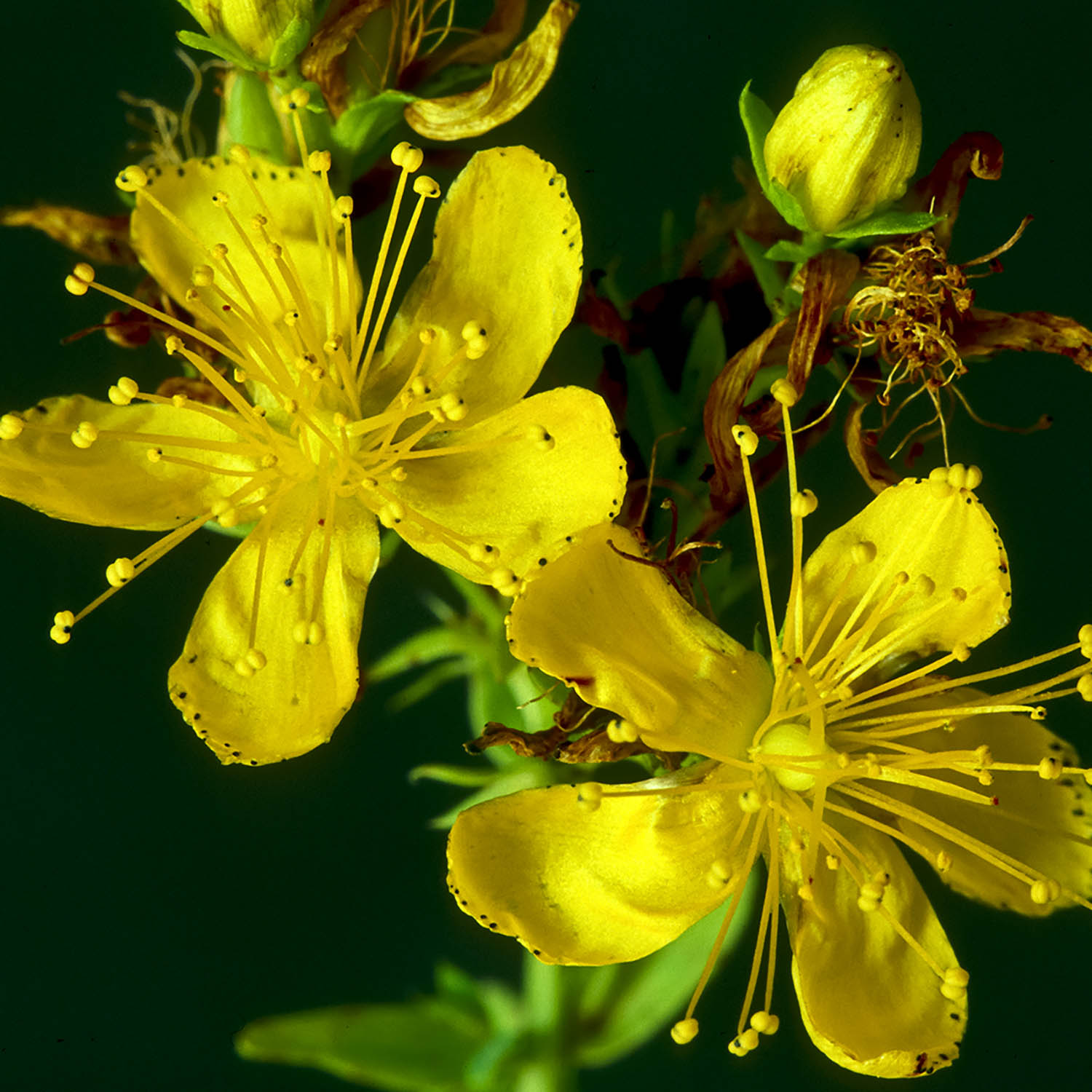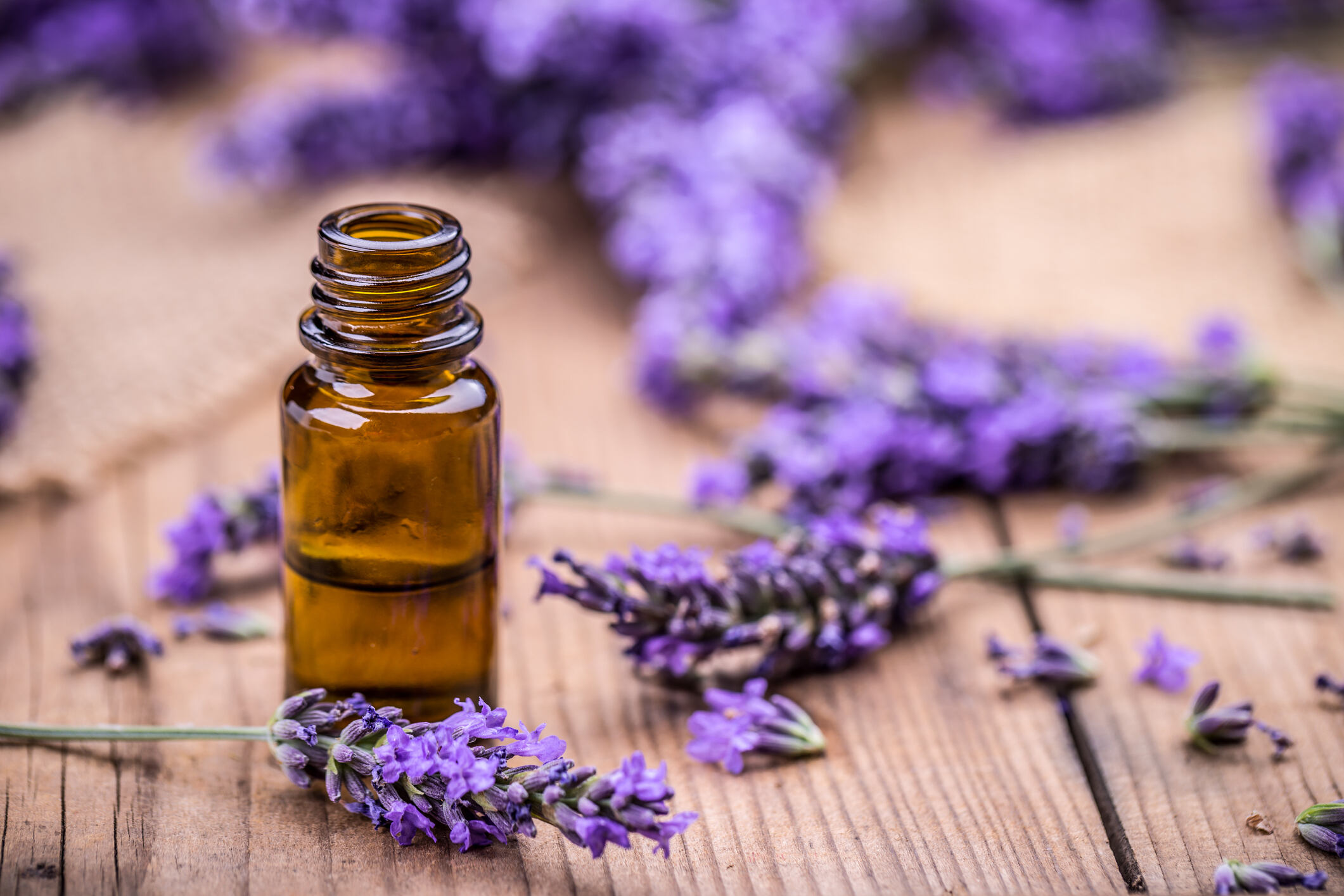Depression affects millions across Europe, with 2025 statistics from the European Depression Association indicating that over 7% of the adult population experiences major depressive episodes annually. In countries like Germany and the UK, where access to conventional treatments is widespread, there's growing interest in natural remedies for depression in Europe to complement or serve as alternatives to pharmaceuticals. These approaches, including herbal treatments for depression Europe such as St. John's Wort and lavender, draw on centuries-old traditions while being supported by modern research. Factors like the Mediterranean diet's emphasis on omega-3s and the Nordic focus on mindfulness contribute to regional variations in natural depression relief strategies. This guide explores evidence-based natural remedies for depression in Europe, offering practical tips for incorporation into daily life. Always consult a healthcare professional before starting any remedy, as they can interact with medications or suit individual needs differently.
The appeal of herbal remedies for depression in Europe lies in their accessibility and lower side-effect profile compared to synthetic drugs. With rising mental health awareness post-pandemic, Europeans are turning to options like saffron in Spain or probiotics in the Netherlands for holistic support. These remedies address underlying factors such as inflammation, gut health, and neurotransmitter balance, providing a multifaceted approach to managing mild to moderate depression.
The Rise of Natural Remedies for Depression in Europe
Europe's rich herbal tradition, from ancient Greek medicine to modern phytotherapy in Germany, has positioned the continent as a leader in natural mental health solutions. A 2025 review highlights that over 40% of Europeans use complementary therapies for mood disorders, driven by concerns over antidepressant side effects. In the EU, regulations like those from the European Medicines Agency ensure quality for products like St. John's Wort, making them reliable options. Cultural factors play a role: Northern Europeans favor light therapy and omega-3s to counter SAD, while southern diets rich in antioxidants support overall resilience.
Depression's economic burden in Europe exceeds €100 billion yearly, underscoring the need for affordable, natural interventions. By integrating these remedies, individuals can enhance conventional treatments or manage symptoms preventively.
For more on mental health trends, visit our Elite Blog.
Remedy 1: St. John's Wort – Europe's Herbal Antidepressant
St. John's Wort (Hypericum perforatum), widely used in Germany and other parts of Europe, is one of the most researched natural remedies for depression in Europe. This yellow-flowered plant inhibits serotonin reuptake, similar to SSRIs, and has shown efficacy in mild to moderate depression in over 40 clinical trials. In Germany, it's prescribed more than fluoxetine, with a 2025 study confirming its equivalence to low-dose tricyclics.
Dosage typically ranges from 300-900mg daily of standardized extract (0.3% hypericin). Europeans can find it in pharmacies or health stores, but it interacts with medications like contraceptives and anticoagulants—consult a doctor. Side effects are mild, including photosensitivity, making it a go-to for seasonal depression in cloudy climates like the UK.
Remedy 2: Omega-3 Fatty Acids – Brain-Boosting Nutrition
Omega-3s, found in fatty fish and nuts, are essential for brain health and serve as natural remedies for depression in Europe. EPA and DHA reduce inflammation and support neurotransmitter function, with studies showing benefits comparable to antidepressants in some cases. In Nordic countries, high fish consumption correlates with lower depression rates.
Aim for 1-2g EPA/DHA daily from sources like salmon (common in Scandinavia) or supplements. A 2025 analysis confirms omega-3s' role in alleviating symptoms, especially when combined with therapy. Vegetarians can use algae-based options, available across EU markets.
Remedy 3: Mindfulness and Meditation – Mind Over Mood
Mindfulness practices, rooted in European wellness trends like those in the Netherlands and UK, are powerful natural remedies for depression in Europe. These techniques reduce rumination and enhance emotional regulation, with 2025 studies showing efficacy in preventing relapse.
Apps like Headspace offer guided sessions in multiple languages, ideal for busy Europeans. Practice 10-20 minutes daily; MBSR programs in countries like France yield results comparable to antidepressants. Integrate with walks in green spaces, abundant in Europe
Remedy 4: Lavender Aromatherapy – Scented Serenity
Lavender, cultivated in Provence, France, is a staple in European aromatherapy for depression relief. Its essential oil promotes relaxation by modulating GABA receptors, reducing anxiety and improving sleep.
Use in diffusers or baths; a 2025 study notes its effectiveness for mild depression. Available in EU stores, it's safe but dilute for skin application.
Remedy 5: Herbal Teas and Infusions – Soothing Sips
European herbal teas, like chamomile in Italy or valerian in the UK, offer gentle natural remedies for depression in Europe. These infusions calm the nervous system; saffron tea, popular in Spain, rivals antidepressants in trials.
Drink 2-3 cups daily; blends like those with ginseng enhance focus. Affordable and ritualistic, they promote mindfulness.
Remedy 6: Probiotics and Gut Health – The Microbiome Connection
Emerging 2025 research emphasizes probiotics as natural remedies for depression in Europe, linking gut bacteria to mood. Fermented foods like kefir in Eastern Europe or yogurt in the Mediterranean restore balance, reducing symptoms by 20-30% in studies.
Incorporate through diet or supplements; EU regulations ensure quality.
Integrating Remedies into European Lifestyles
Combine remedies for synergy: Pair St. John's Wort with omega-3s, or lavender with meditation. Lifestyle factors like exercise amplify effects. In urban Europe, apps track progress; rural areas benefit from fresh herbs.
| Remedy | Key Benefits | European Availability |
|---|---|---|
| St. John's Wort | Serotonin boost, mild depression relief | Pharmacies in Germany, UK |
| Omega-3s | Anti-inflammatory, brain support | Fish in Nordics, supplements EU-wide |
| Mindfulness | Reduces rumination, enhances resilience | Apps, classes in Netherlands |
| Lavender Aromatherapy | Calms anxiety, improves sleep | Oils from France |
| Herbal Teas | Soothes nerves, antioxidant-rich | Markets in Italy, Spain |
| Probiotics | Gut-brain axis balance | Yogurt in Mediterranean |
Safety and Considerations
Natural doesn't mean risk-free; St. John's Wort interacts with meds. Start low, monitor, and consult professionals. Not for severe depression.
Frequently Asked Questions
- What are popular natural remedies for depression in Europe? St. John's Wort, omega-3s, lavender.
- Is St. John's Wort effective? Yes, for mild cases; equivalent to low-dose antidepressants.
- How do omega-3s help depression? Reduce inflammation, support brain function.
- Can mindfulness cure depression? It helps manage; combine with others.
- Is lavender safe? Yes, diluted; aids sleep and anxiety.
- What about probiotics? Emerging for gut-mood link; use fermented foods.
Conclusion
Natural remedies for depression in Europe offer accessible, research-backed options to enhance mental health. From St. John's Wort to probiotics, these approaches empower individuals to take proactive steps. Always pair with professional advice for best results.
Share your experiences below!
Related Articles on Elite Blog:






Comments
Post a Comment
Thanks for your response,May God bless you